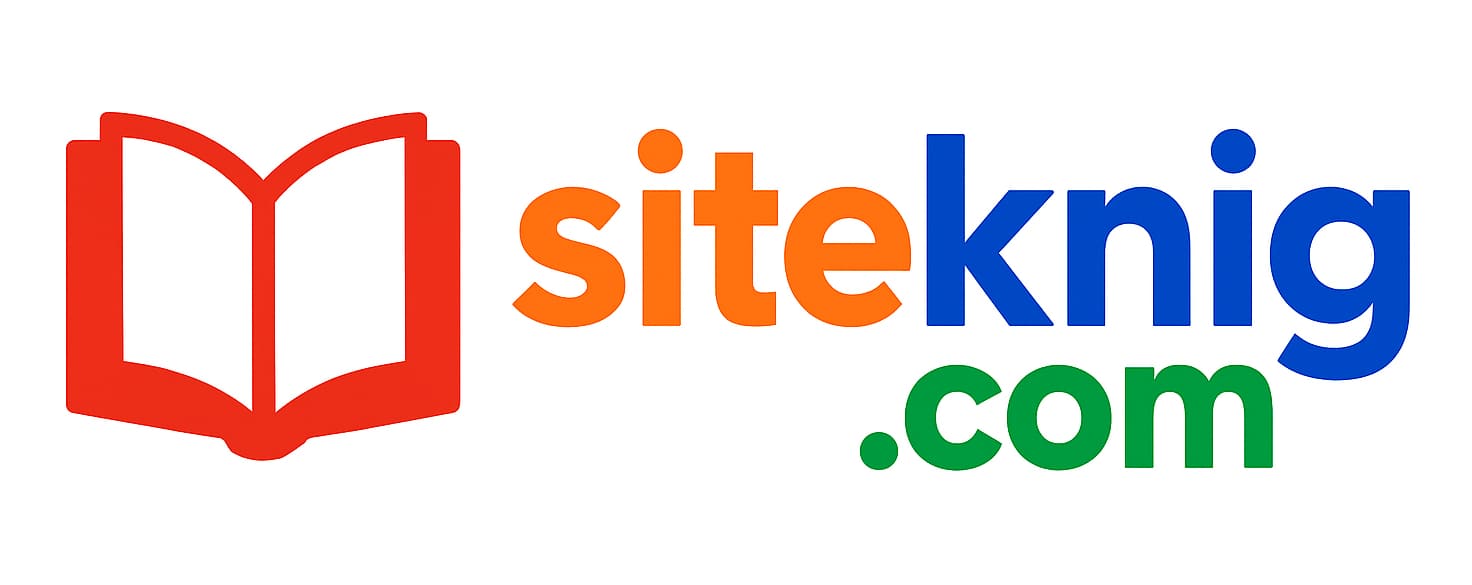Простой сложный разговор. Модель легкого и эффективного общения - Элисон Вуд Брукс
134
“Behavior: The Art of Not Listening,” Time, January 24, 1969; Janet B. Bavelas, Linda Coates, and Trudy Johnson, “Listeners as Co-narrators,” Journal of Personality and Social Psychology 79.6 (2000): 941.
135
Julia A. Minson et al., “Eliciting the Truth, the Whole Truth, and Nothing But the Truth: The Effect of Question Phrasing on Deception,” Organizational Behavior and Human Decision Processes 147 (2018): 76–93; Alison Wood Brooks and Leslie K. John, “The Surprising Power of Questions,” Harvard Business Review 96, no. 3 (2018): 60–67.
136
Tal Eyal, Mary Steffel, and Nicholas Epley, “Perspective Mistaking: Accurately Understanding the Mind of Another Requires Getting Perspective, Not Taking Perspective,” Journal of Personality and Social Psychology 114, no. 4 (2018): 547.
137
Eric Hedin, “Asking Questions and Human Exceptionalism,” Evolution News, August 7, 2023.
138
Lindsay Stern, “What Can Bonobos Teach Us about the Nature of Language?” Smithsonian Magzine, July 2020.
139
Huang et al., “It Doesn’t Hurt to Ask”; Michael Yeomans et al., “It Helps to Ask: The Cumulative Benefits of Asking Follow-Up Questions,” Journal of Personality and Social Psychology 117, no. 6 (2019): 1139–44; Di Stasi, Brooks, and Quoidbach, “Asking Open-Ended Questions”; Brooks and John, “Surprising Power of Questions”; Grant E. Donnelly, Hanne Collins, and Alison Wood Brooks, “How Prisoner Apologies Influence Parole Decisions” (в работе).
140
Stav Atir, Kristina A. Wald, and Nicholas Epley, “Talking with Strangers Is Surprisingly Informative,” Proceedings of the National Academy of Sciences 119, no. 34 (2022): e2206992119.
141
Di Stasi, Brooks, and Quoidbach, “Asking Open-Ended Questions.”
142
Huang et al., “It Doesn’t Hurt to Ask.”
143
Huang et al., “It Doesn’t Hurt to Ask.”
144
Di Stasi, Brooks, and Quoidbach, “Asking Open-Ended Questions”; Huang et al., “It Doesn’t Hurt to Ask.”
145
Huang et al., “It Doesn’t Hurt to Ask.”
146
Robin M. Hogarth, Tomás Lejarraga, and Emre Soyer, “The Two Settings of Kind and Wicked Learning Environments,” Current Directions in Psychological Science 24, no. 5 (2015): 379–85.
147
Huang et al., “It Doesn’t Hurt to Ask.”
148
Einav Hart, Eric M. VanEpps, and Maurice E. Schweitzer, “The (Better Than Expected) Consequences of Asking Sensitive Questions,” Organizational Behavior and Human Decision Processes 162 (2021): 136–54.
149
Einav Hart, Eric M. VanEpps, and Maurice E. Schweitzer, “The (Better Than Expected) Consequences of Asking Sensitive Questions,” Organizational Behavior and Human Decision Processes 162 (2021): 136–54.
150
Tami Kim, Kate Barasz, and Leslie K. John, “Consumer Disclosure,” Consumer Psychology Review 4, no. 1 (2021): 59–69; Li Jiang et al., “Fostering Perceptions of Authenticity via Sensitive Self-Disclosure,” Journal of Experimental Psychology: Applied 28, no. 4 (2022): 898.
151
Susan Sprecher, “Closeness and Other Affiliative Outcomes Generated from the Fast Friends Procedure: A Comparison with a Small-Talk Task and Unstructured Self-Disclosure and the Moderating Role of Mode of Communication,” Journal of Social and Personal Relationships 38, no. 5 (2021): 1452–71; Arthur Aron et al., “The Experimental Generation of Interpersonal Closeness: A Procedure and Some Preliminary Findings,” Personality and Social Psychology Bulletin 23, no. 4 (1997): 363–77.
152
Deepak Malhotra and Max Bazerman, Negotiation Genius: How to Overcome Obstacles and Achieve Brilliant Results at the Bargaining Table and Beyond (New York: Bantam Books, 2007).
153
Победительница скромно вернула мне деньги после занятия (понимая, что преподаватель не может раздавать денежные призы). Настоящая награда — победа в игре.
154
Di Stasi, Brooks, and Quoidbach, “Asking Open-Ended Questions.”
155
Minson et al., “Eliciting the Truth, the Whole Truth.”
156
Michael Yeomans and Alison Wood Brooks, “Topic Preference Detection in Conversation: A Novel Approach to Understand Perspective Taking” (в работе).
157
Huang et al.,“It Doesn’t Hurt to Ask.”
158
Huang et al.,“It Doesn’t Hurt to Ask.”
159
Валидация в психологии — понимание и принятие переживаний, мыслей и поступков другого человека. Прим. ред.
160
Monica Lewinsky, interview by Barbara Walters, March 3, 1999, https://www.youtube.com/watch?v=vUUATD_pfYE.
161
Huang et al.,“It Doesn’t Hurt to Ask.”
162
Brooks and John, “Surprising Power of Questions”; Chris Orlob, “4 Tips for Nailing Your Sales Discovery Calls,” Gong, June 18, 2017.
163
Alison Wood Brooks and Michael Yeomans, “Boomerasking: Answering Your Own Questions” (в работе).
164
Исследования Gong также показывают, что самые успешные торговые представители, как правило, распределяют свои вопросы равномерно в течение телефонного разговора, с постоянными уточняющими вопросами, в то время как среднестатистические торговцы выдают все свои вопросы уже в начале разговора.
165
Minson et al., “Eliciting the Truth, the Whole Truth.”
166
Гарри Стайлз — популярный английский певец и актер. Прим. ред.
167
Daniel L. Ames and Susan T. Fiske, “Perceived Intent Motivates People to Magnify Observed Harms,” Proceedings of the National Academy of Sciences 112, no. 12 (2015): 3599–605.
168
Di Stasi, Brooks, and Quoidbach, “Asking Open-Ended Questions.”
169
Anita Pomerantz, “Offering
Откройте для себя мир чтения на siteknig.com - месте, где каждая книга оживает прямо в браузере. Здесь вас уже ждёт произведение Простой сложный разговор. Модель легкого и эффективного общения - Элисон Вуд Брукс, относящееся к жанру Экономика. Никаких регистраций, никаких преград - только вы и история, доступная в полном формате. Наш литературный портал создан для тех, кто любит комфорт: хотите читать с телефона - пожалуйста; предпочитаете ноутбук - идеально! Все книги открываются моментально и представлены полностью, без сокращений и скрытых страниц. Каталог жанров поможет вам быстро найти что-то по настроению: увлекательный роман, динамичное фэнтези, глубокую классику или лёгкое чтение перед сном. Мы ежедневно расширяем библиотеку, добавляя новые произведения, чтобы вам всегда было что открыть "на потом". Сегодня на siteknig.com доступно более 200000 книг - и каждая готова стать вашей новой любимой. Просто выбирайте, открывайте и наслаждайтесь чтением там, где вам удобно.


